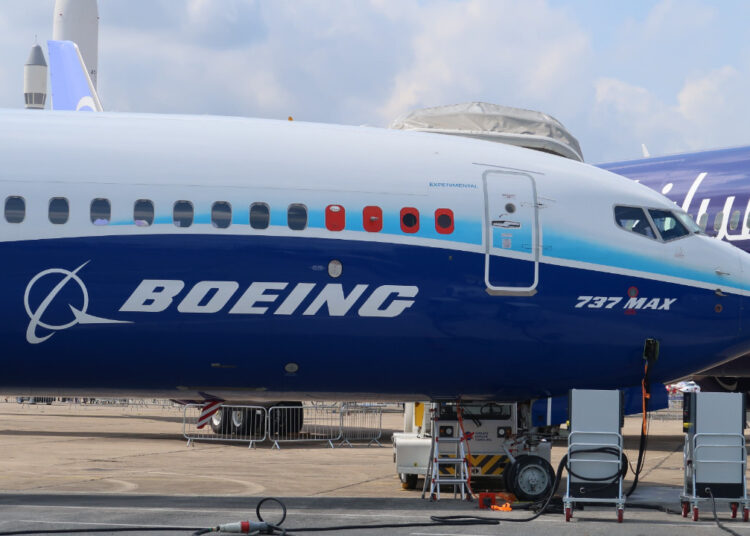American aircraft manufacturer Boeing has experienced another crisis in recent years. The Federal Aviation Administration (FAA) proposed a $3.1 million fine, citing the company’s violation of various safety regulations. The penalty came especially after the door latch incident at the beginning of 2024, which drew public criticism.
The FAA stated that this fine was based not on a single incident, but on a series of safety violations identified between September 2023 and February 2024. They also emphasized that this penalty is among the highest within the legal limits.
It is also worth recalling that Boeing reported $22.7 billion in revenue in the first quarter of 2024, but incurred a loss of $612 million. The company has 30 days to present its defense regarding this penalty.
According to the FAA investigation, hundreds of quality control violations were found at Boeing’s 737 manufacturing plant in Renton, Washington, and at Spirit AeroSystems’ Wichita, Kansas facility. Particularly alarming was the submission of two non-compliant aircraft to the FAA for type certification, highlighting the seriousness of the issue.
The agency noted that Boeing failed to properly monitor its quality assurance system and significant deficiencies were present in responsibilities directly related to flight safety. These findings suggest serious structural problems in Boeing’s approach to airworthiness and safety standards.
Internal Pressures
Another issue highlighted by the FAA is internal pressure within the company. It was uncovered that an employee responsible for safety tasks was pressured to approve an aircraft that did not meet certain standards. This employee is reportedly a member of the Organization Definition Authorization (ODA) unit, authorized by the FAA with specific powers.
In this incident, it is claimed that another Boeing employee outside of the ODA unit pressured for the approval of a non-compliant aircraft in order to meet the delivery schedule. The independence of this ODA system has long been a topic of debate. A 2021 audit report also pointed out structural vulnerabilities that hinder an impartial and independent operation of the ODA system.
Following the FAA’s penalty decision, Boeing issued a statement. The company expressed regret over the door latch incident in January 2024 and emphasized “first-time quality” and “accountability”.
Investigation highlights training and oversight failures
Alongside the incident, the National Transportation Safety Board (NTSB) completed its own investigation into the January door latch accident. The findings, shared in June, revealed serious deficiencies in Boeing’s manufacturing oversight.
The NTSB identified that the main cause of the accident was the lack of sufficient guidance and supervision for manufacturing workers performing removal and assembly tasks. It was also emphasized that the FAA was inadequate in detecting systemic issues at Boeing in a timely manner.
The aircraft involved belonged to Alaska Airlines and during the flight, the middle door latch detached, causing a dangerous decrease in cabin pressure. The investigation found that four bolts had been missing from the aircraft right from the factory.
Boeing and Fraud Lawsuit
Another significant ongoing process involves a fraud lawsuit with the Department of Justice. In July 2024, the company agreed to settle a case accusing it of defrauding the FAA. As part of this, Boeing agreed to pay $243.6 million in fines and admitted to violating the terms of a deferred prosecution agreement made in 2021.
However, this agreement was rejected by a federal judge in December 2024. The case is still pending in court. Meanwhile, the families of passengers who lost their lives in the accident are arguing that the settlement is insufficient and are requesting the case not to be dismissed.
According to the Department of Justice, Boeing must not only pay the fine but also invest at least $455 million in compliance and safety systems within the company. While the agreement recognized Boeing’s “insufficient controls against fraud,” it also stated that the company has recently taken some steps to improve its systems.









